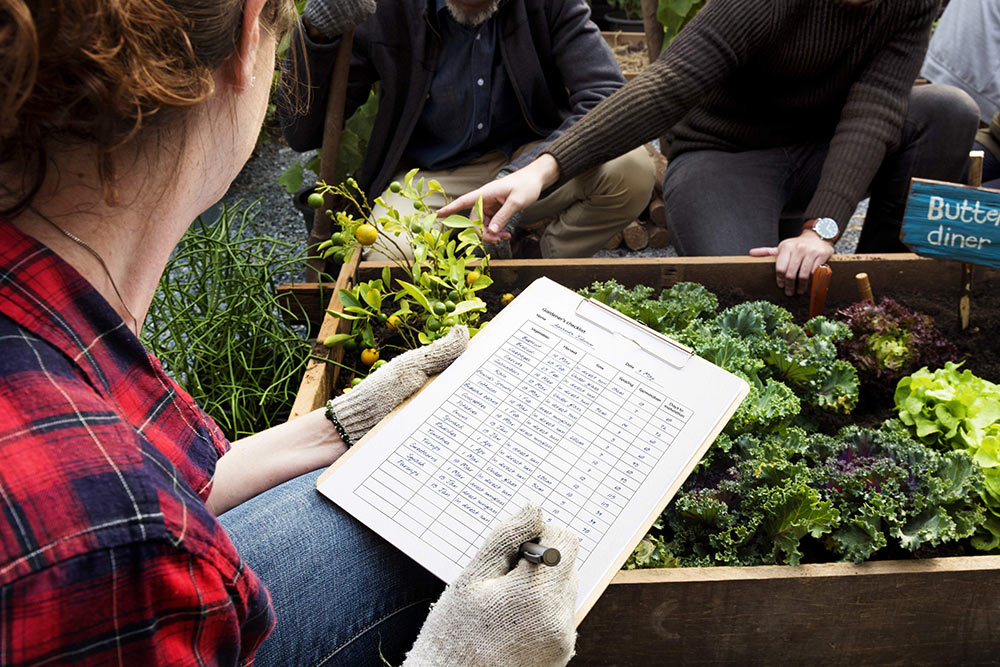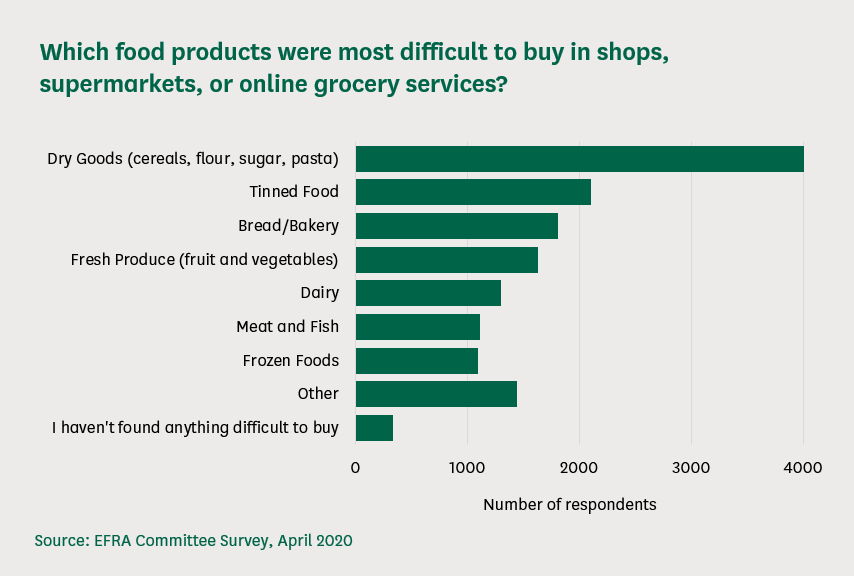As the novel coronavirus pandemic shuts down businesses globally and sends countries into lockdown, the disruptions are threatening to cut off supply chains and increase food insecurity.
"Supermarket shelves remain stocked for now," the Food and Agriculture Organization of the United Nations (FAO) said in a report released late last month. "But a protracted pandemic crisis could quickly put a strain on the food supply chains, a complex web of interactions involving farmers, agricultural inputs, processing plants, shipping, retailers and more."
The issue, however, is not food scarcity -- at least, not yet. Rather, it's the world's drastic measures in response to the virus.
Border closures, movement restrictions, and disruptions in the shipping and aviation industries have made it harder to continue food production and transport goods internationally -- placing countries with few alternative food sources at high risk.
Airlines have grounded thousands of planes and ports have closed -- stranding containers of food, medicine, and other products on tarmacs and holding areas, said the UN Conference on Trade and Development on March 25.
Heightened instability in global food supply will affect the poorest citizens most, warned the UN's Committee on World Food Security (CFS) in a paper last month.
Even private companies and organizations have called for immediate action to address the looming food catastrophe.
"Governments, businesses, civil society and international agencies need to take urgent, coordinated action to prevent the COVID pandemic turning into a global food and humanitarian crisis," said an open letter to world leaders from scientists, politicians, and companies like Nestle and Unilever.
Read full article.

Alcohol has emerged as the sector with the largest number of counterfeit cases in India in 2020, with experts attributing this to a lack of enforcement as well as high profits available for counterfeiters during the COVID-19 crisis.

